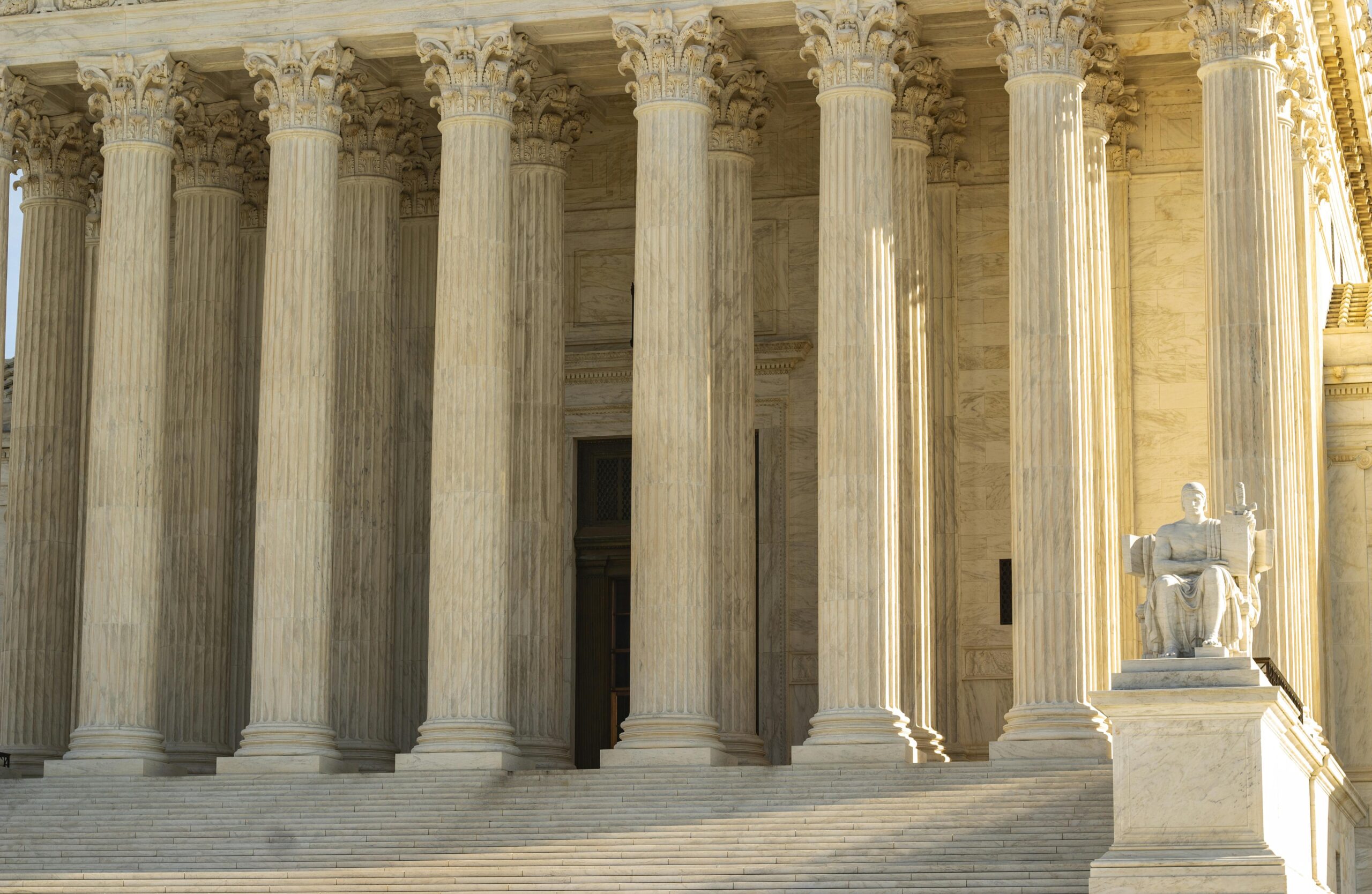In the decade since the Supreme Court’s decision in Obergefell v. Hodges, which established a constitutional right to same-sex marriage, critics argue that many societal concerns have materialized. Advocates for reversing the ruling claim it has undermined traditional marriage and family structures, while promoting what they describe as an LGBT indoctrination agenda.
Katy Faust, founder of Them Before Us, a group advocating for children’s rights to their biological parents, stated, “The last 10 years have made it clear. We can either recognize gay marriage or recognize children’s right to their mother or father. We can’t have both.” Faust is set to participate in a panel at the upcoming National Conservatism conference, where discussions will focus on the potential repeal of Obergefell.
The panel will also feature Dr. John Eastman, a constitutional lawyer, who criticized the ruling for its impact on marriage and law. He noted that Obergefell has led to a devaluation of marriage and raised concerns about the implications for future legal rights, including polygamy and polyamory.
The movement to reconsider Obergefell has gained momentum, especially following recent comments by Justice Clarence Thomas, who suggested that the Court should reevaluate its substantive due process precedents. Thomas’s remarks in the Dobbs v. Jackson Women’s Health Organization case, which overturned Roe v. Wade, have led some to believe that Obergefell could be next on the Court’s agenda.
Critics argue that Obergefell has not only altered the definition of marriage but also redefined parenthood and familial relationships. Faust emphasized that children are now viewed as commodities, stating, “Children are not commodities. They are humans. With fundamental natural rights. The first of which is their right to life. But a close second is their right to be known and loved by both mother and father.”
The discussion around Obergefell has intensified as public opinion shifts. A recent Gallup poll indicated that support for same-sex marriage among Republicans has dropped significantly, marking the lowest level since 2016. This decline reflects a growing divide within the party regarding social issues.
As the debate continues, the implications of Obergefell extend beyond legal definitions, impacting education and societal norms. Critics argue that the ruling has facilitated the spread of LGBTQ+ ideologies in schools and media, often at the expense of parental rights.
The movement to overturn Obergefell is not without its challenges. Even if the Supreme Court declines to hear cases aimed at reversing the decision, advocates believe that changing public sentiment and continued advocacy could eventually lead to a reevaluation of the ruling. The ongoing discussions at conferences and in legal circles suggest that the conversation surrounding marriage and family is far from settled.
READ Trump Administration Seeks Supreme Court Relief in USAID Funding Dispute



